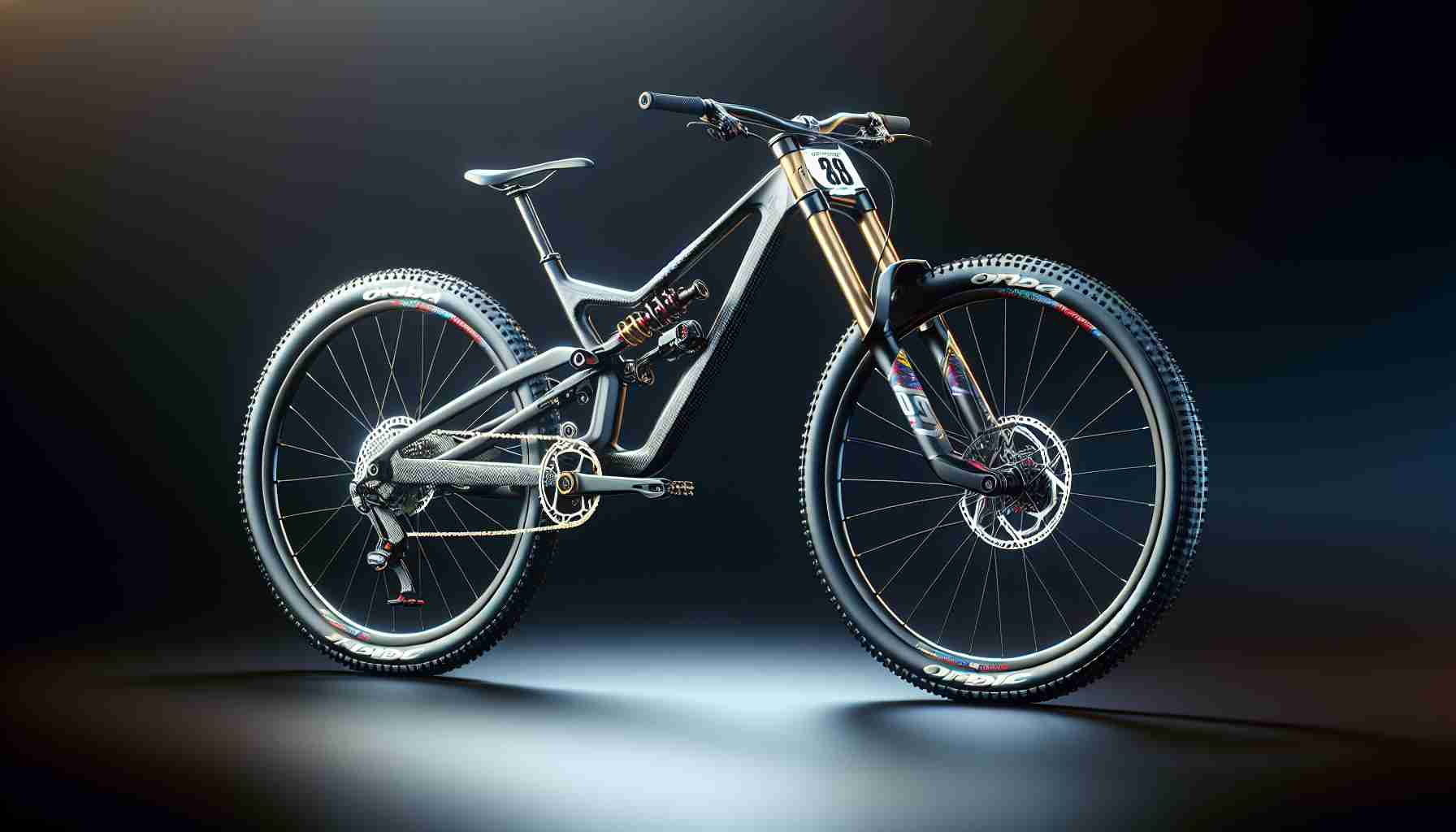- Volvo’s EX90 features the innovative battery passport, a digital certificate detailing battery history and environmental impact.
- This technology aligns with EU regulations mandating battery passports for all EVs by February 2027.
- The battery passport utilizes blockchain to track battery life and usage for up to 15 years.
- Even after its driving life, an EV battery can still retain 70% of its charge, supporting renewable energy use.
- Volvo’s initiative is mirrored by Chinese and Japanese automakers aiming for compliance with European standards.
- As EV production and demand rise, transparency and sustainability in battery manufacturing become increasingly crucial.
- The battery passport represents a significant move toward a circular economy and environmental responsibility in the automotive sector.
In a groundbreaking move, Volvo launched its luxurious electric SUV, the EX90, featuring an unparalleled innovation: the battery passport. This digital certificate showcases the battery’s history, composition, and environmental footprint, promising enhanced sustainability in the electric vehicle (EV) industry.
Set to revolutionize the car market, this first-of-its-kind technology aligns with the European Union’s upcoming regulation, which mandates battery passports for every electric vehicle sold by February 2027. Picture it as a nutrition label for your car’s battery, offering transparency on its origin and ecological impact.
Harnessing blockchain technology, Volvo’s passport tracks the battery’s usage for up to 15 years, providing crucial insights into battery life and potential for re-use. Even when an EV battery is no longer suitable for driving, it retains a remarkable 70% of its charge, making it viable for renewable energy backup, thus reinforcing a circular economy.
Volvo isn’t alone in this endeavor. Chinese automakers and Japanese giants, including Nissan and Honda, are racing to implement similar systems to comply with European guidelines. As EV demand surges, the call for accountability in battery production grows louder, driven by advocates who emphasize the need to minimize carbon footprints.
In essence, the battery passport symbolizes a pivotal shift towards sustainability, setting a new standard for the industry. With increasing awareness of environmental impacts, consumers are urged to embrace innovations like this as a step toward greener driving. As Volvo leads the charge, the road to a sustainable future is clearer than ever.
Revolutionary Battery Passports: The Future of Sustainable Driving
Volvo’s EX90 and the Innovative Battery Passport
In an unprecedented advancement for electric vehicles (EVs), Volvo recently unveiled its luxurious EX90 electric SUV, which comes equipped with an innovative feature known as the battery passport. This digital certificate is designed to offer extensive transparency regarding the battery’s history, composition, and environmental impact, setting a new benchmark for sustainability in the automotive industry.
The introduction of the battery passport not only aligns with emerging regulations in the European Union, which will require all electric vehicles sold by February 2027 to include this technology, but also positions Volvo as a frontrunner in promoting accountability and ecological responsibility.
The battery passport functions like a nutrition label, delivering critical information about its origin and ecological footprint. By employing blockchain technology, it meticulously records the battery’s lifecycle, tracking its usage for up to 15 years. This innovative approach provides valuable insights concerning the battery’s longevity and reutilization potential.
Key Features and Benefits
1. Lifecycle Tracking: The battery passport provides detailed insights into the battery’s history, thus encouraging better recycling practices.
2. Sustainability: By retaining up to 70% of its charge even after extensive use, EV batteries can be repurposed for renewable energy storage, effectively promoting a circular economy.
3. Regulatory Compliance: With the upcoming EU regulations, which aim to reduce the environmental impact of battery production and usage, the battery passport ensures that Volvo’s vehicles meet these stringent guidelines.
4. Market Adoption: Other manufacturers, including Chinese automakers and Japanese brands such as Nissan and Honda, are also integrating similar technologies to secure compliance and enhance sustainability.
Limitations to Consider
– Implementation Costs: The development and integration of battery passports in existing vehicle models could incur significant costs for various manufacturers.
– Consumer Awareness: While the technology can offer immense benefits, consumer understanding and acceptance of battery passports remain in its infancy.
– Data Privacy Concerns: As this technology relies on blockchain, there could be concerns regarding the security and privacy of consumer data.
Market Analysis and Trends
The integration of battery passports indicates a noteworthy trend toward transparency and accountability in the EV sector. As consumers become more environmentally conscious, it is anticipated that the demand for vehicles equipped with robust sustainability features will continue to rise. Analysts predict that the long-term adoption of these technologies can lead to substantial reductions in the carbon footprints associated with electric vehicles.
FAQs
What is the battery passport and why is it important?
The battery passport is a digital certificate that tracks the lifecycle of an EV battery, providing essential information on its environmental impact. Its importance lies in promoting transparency and ensuring that consumers are informed about the ecological implications of their vehicles.
How does the battery passport contribute to sustainability?
By retaining a substantial portion of charge even when no longer suitable for vehicle use, EV batteries can be effectively reutilized for energy storage solutions, minimizing waste and supporting a circular economy.
Who else is implementing similar technologies?
In addition to Volvo, various global manufacturers, including Chinese automakers and Japanese companies like Nissan and Honda, are developing similar technologies to comply with upcoming regulations and to meet the rising consumer demand for sustainable practices.
To learn more about electric vehicles and sustainability, visit Volvo Cars.


















